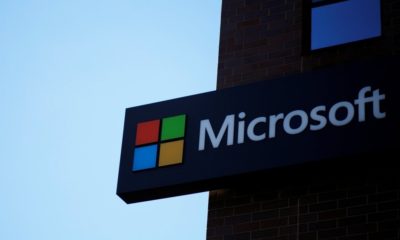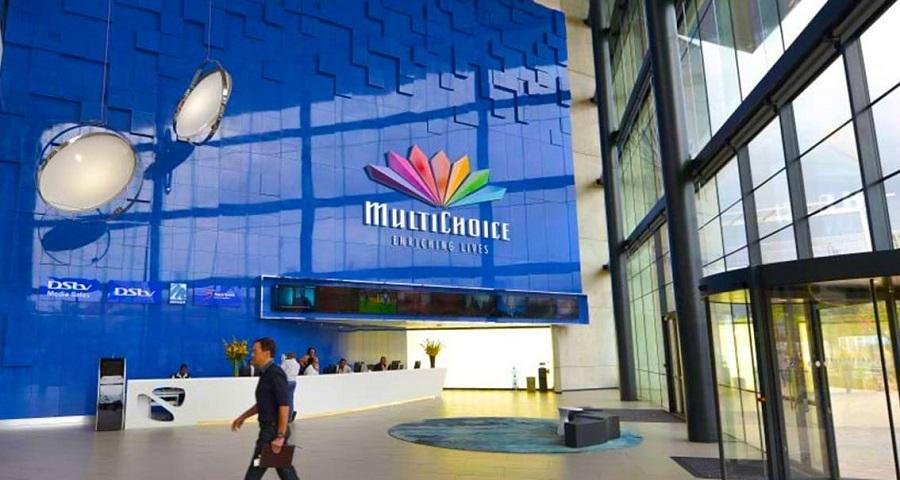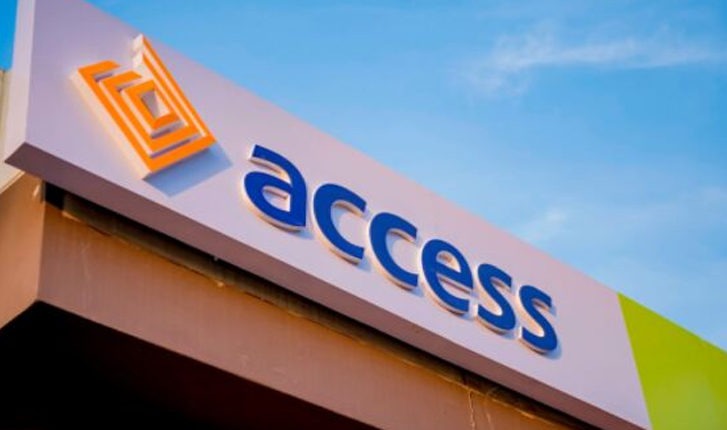The Federal Trade Commission (FTC) has filed an order in a U.S. court to restrain Microsoft’s proposed $69 billion acquisition of Activision Blizzard from going through.
The FTC’s recent filing is coming after it had filed a legal challenge in December last year to block Microsoft’s acquisition of Activision Blizzard and is now seeking a temporary restraining order and injunction from a US Federal District Court.
The 34-page lawsuit filed by the FTC, reads in part, “Both a temporary restraining order and a preliminary injunction are necessary because Microsoft and Activision have represented that they may consummate the proposed acquisition at any time without any further notice to the commission.
“A preliminary injunction is necessary to maintain the status quo and prevent interim harm to competition during the pendency of the FTC’s administrative proceeding to determine whether the proposed acquisition violates U.S antitrust law. A temporary restraining order is necessary to maintain the status quo while this court decides whether to grant the requested preliminary injunction”.
Reports reveal that the FTC filed for an injunction in an attempt to halt the deal before the July 18 deadline, as it is concerned Microsoft may be preparing to close its acquisition regardless of the block. It is understood that European regulators have given the deal a go-ahead last month, which suggests that Microsoft could continue with its acquisition despite an injunction in the U.S. preventing the deal from closing.
Following the filing, the US judge will now need to decide on issuing a temporary restraining order to restrict Microsoft from closing the deal for two weeks and a preliminary injunction that would prevent Microsoft from closing until the result of the FTC legal challenge. An evidentiary hearing is scheduled for August 2nd, shortly after Microsoft’s appeal hearing is scheduled.
Investors King understands that if the FTC’s injunction is unsuccessful, Microsoft will not hesitate to fast-track the deal
Speaking on the lawsuit filed by the FTC, Activision Blizzard CEO Bobby Kotick emailed his employees Monday, describing the FTC’s action as “a positive development in our merger process.” Moving the case to federal court “accelerates the legal process,” he wrote, noting that the company’s excellent legal team has been, preparing for this move for more than a year.
Kotick suggests the merger will support its hundreds of millions of players, protect American workers, increase shareholder value, and enable the two companies to more effectively compete against the global competitors that dominate the video game industry around the world.
Why is the FTC Against Microsoft From Acquiring Blizzard
It is a well-known fact that Microsoft and Sony control the market for high-performance video game consoles. The number of independent companies capable of developing standout video games for those consoles has contracted, with only a small group of firms commanding that space today.
Microsoft now proposes to acquire Activision, one of the most valuable of those developers, in a vertical merger valued at nearly $70 billion that will increase Microsoft’s already considerable power in video games. Therefore, the FTC suggests that if the deal goes through, would give the computer giant an unfair advantage over rivals.
With control of Activision’s content, Microsoft would have the ability and increased incentive to withhold or degrade Activision’s content in ways that substantially lessen competition- including competition on product quality, price, and innovation. This loss of competition according to the FTC, would likely result in significant harm to consumers in multiple markets at a pivotal time for the industry.
Meanwhile, Microsoft insists that taking over Activision would be advantageous for both the gaming industry and gamers and has even offered to put its name to a legal document that promises the availability of games like Call of Duty to other consoles for a decade.


 Forex3 weeks ago
Forex3 weeks ago
 Naira3 weeks ago
Naira3 weeks ago
 Billionaire Watch3 weeks ago
Billionaire Watch3 weeks ago



 Naira3 weeks ago
Naira3 weeks ago






 Naira2 weeks ago
Naira2 weeks ago




 Naira2 weeks ago
Naira2 weeks ago




 Naira4 weeks ago
Naira4 weeks ago






 Naira1 week ago
Naira1 week ago

















